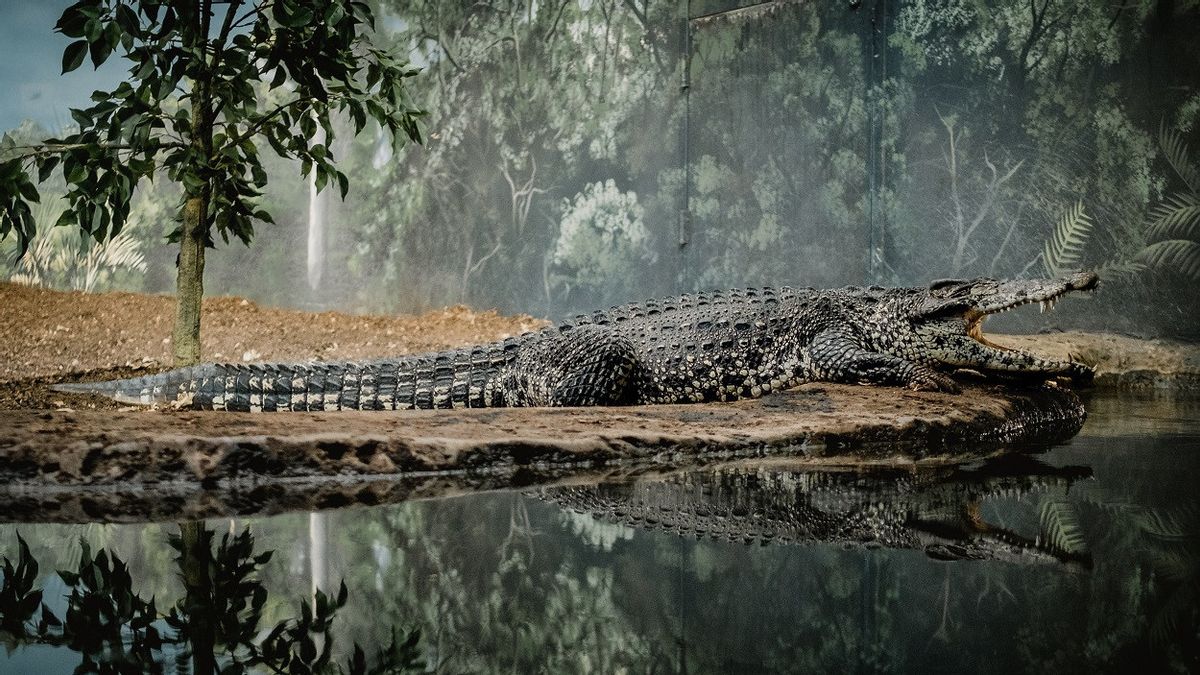JAKARTA - A 150 million-year-old fossil skeleton found in the mountains of southern Chile has been identified as the ancestor of modern crocodiles, the Argentine Museum of Natural Sciences announced on Friday, July 23.
The species, named Burkesuchus mallingrandensis, was discovered in 2014 in an Andean fossil deposit near the Patagonia city of Mallin Grande by Argentine and Chilean researchers.
Since then, the discovered fossils have been analyzed at the Argentine Museum of Natural Sciences (MACN) in Buenos Aires, Argentina by scientists.
"The specimen is today's 'grandfather' of crocodiles and should allow scientists to understand how they evolved," the museum said.
Scientists believe the fossil will help them understand how these reptiles changed from terrestrial to aquatic. Together with other fossils, this discovery supports the idea that South America was the cradle of crocodile evolution.

"About 200 million years ago crocodiles were smaller, and didn't live in water. Paleontologists have always wanted to know what the transition was like," Federico Agnolin, who discovered the specimen, told Reuters.
"What Burkesuchus shows is a unique set of traits that other crocodiles don't have because they were the first to start going into the water, into fresh water," said Agnolin.
According to MACN, crocodiles appeared in the early Jurassic period, around the time of the first dinosaurs. Within a few million years they are submerged in the water, thanks to the presence of warm, shallow seas.
To note, South America is famous among scientists for its wealth of marine crocodile fossils, which are widely used as research material.
The English, Chinese, Japanese, Arabic, and French versions are automatically generated by the AI. So there may still be inaccuracies in translating, please always see Indonesian as our main language. (system supported by DigitalSiber.id)








